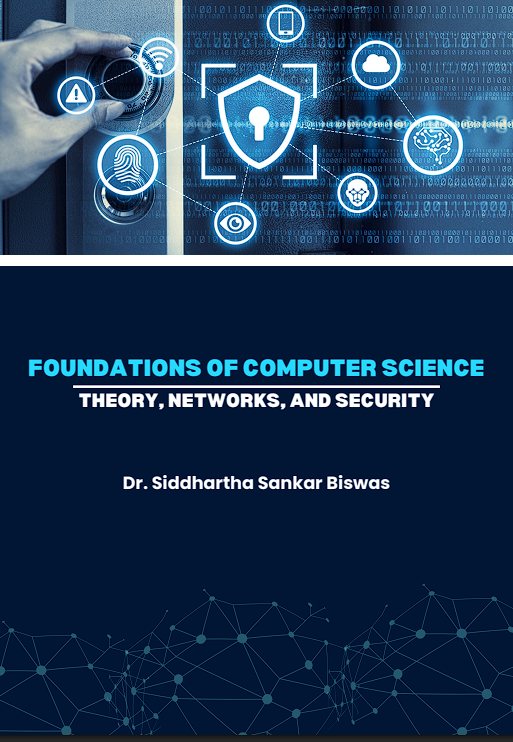
About The Editors

Dr. Siddhartha Sankar Biswas is Assistant Professor at Department of Computer Science and Engineering, School of Engineering Sciences & Technology , Jamia Hamdard University, New Delhi, INDIA. He has published 70 research papers and book chapters in various international journals and proceedings published by Springer, Elsevier, Hindawi, etc which are indexed by Thomson Reuters, SCI, Scopus, IEEE, etc. He has published 2 International Patents (1 USA and 1 UK), 5 National Patents and 1 Design Registration. He has more than 16 Years of teaching and research guidance experience. He was awarded Ph.D. (Computer Engineering) by Jamia Millia Islamia in 2015. Apart from Ph.D. in Computer Engineering, he is M.Tech. in Computer Engineering, MBA in Information Technology and B.Tech. in Information Technology. He is Life Member of The Indian Science Congress (ISC), Life Member of Computer Society of India (CSI), Life Member of Indian Society for Technical Education (ISTE) and Life Member of The Institution of Electronics and Telecommunication Engineers (IETE).
About The Book
Foundations of Computer Science: Theory, Networks, and Security provides an integrated framework for understanding the essential pillars of computer science. The text is designed to meet the academic requirements of undergraduate and postgraduate programs, while also serving as a reference for scholars and professionals engaged in computational research and system development. The book is organized into three comprehensive sections: Theory – This section covers the conceptual underpinnings of computer science, including computation theory, algorithms, data structures, programming paradigms, and formal languages. Networks – It examines the architecture, design, and operation of computer networks. Topics include communication models, protocols, data transmission techniques, network security, and emerging trends such as cloud computing and IoT-based connectivity. Security – This section focuses on the foundational principles of information security, cryptographic mechanisms, system vulnerabilities, threat modeling, and the ethical and legal aspects of cybersecurity. Throughout the text, emphasis is placed on the interrelation of theory and practice. The material has been carefully curated to align with modern academic curricula and industry standards, making it a valuable contribution to computer science education and research.




